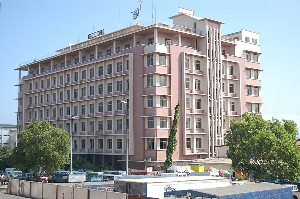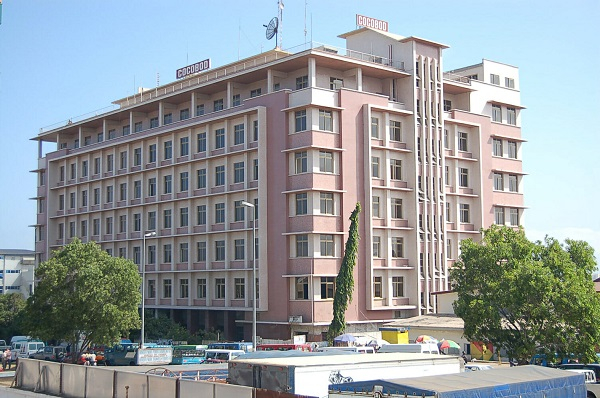 The report said COCOBOD is facing huge debts
The report said COCOBOD is facing huge debts
The World Bank has outlined significant risks Ghana faces that could impede its economic growth and stability.
These include delays in the completion of the external debt restructuring and the debts owed by state-owned companies.
According to its 9th Ghana Economic Update, the World Bank noted that the economy is currently recovering from its challenges, but these factors could affect stability and derail the gains.
The report issued on the title “Addressing Labour Market Challenges and Opportunities in Ghana’s Economic Landscape” said, “Despite the positive outlook, Ghana faces significant risks that could undermine its macroeconomic stability and growth prospects. These risks include delays in completing the pending external debt restructuring and in fiscal consolidation, compounded by global factors such as international conflicts and commodity price volatility.”
World Bank warns against BoG’s ‘excessive’ intervention in foreign exchange market
The bank noted that domestically, inflationary pressures and exchange rate volatility pose threats, along with potential losses from State-Owned Enterprises (SOEs), in the energy and Cocoa Board (COCOBOD) in particular, and lower agricultural output due to climate shocks.
Furthermore, the bank also advised that managing election-related extra-budgetary spending will be crucial henceforth.
Ghana’s fiscal challenges include low revenues, spending slippages, and weak public financial management (PFM), all of which threaten macroeconomic stability.
“Comprehensive fiscal reforms and structural changes are essential for ensuring stability and sustainable development. Maintaining a steadfast pace of structural reforms is necessary to restore public support, sustain economic stabilisation, and uphold investor confidence,” the bank recommended.
Meanwhile, watch the trailer to GhanaWeb’s upcoming documentary on teenage girls and how fish is stealing their futures below:
SSD/AE
